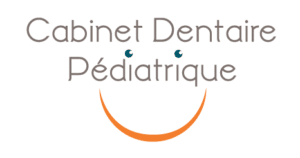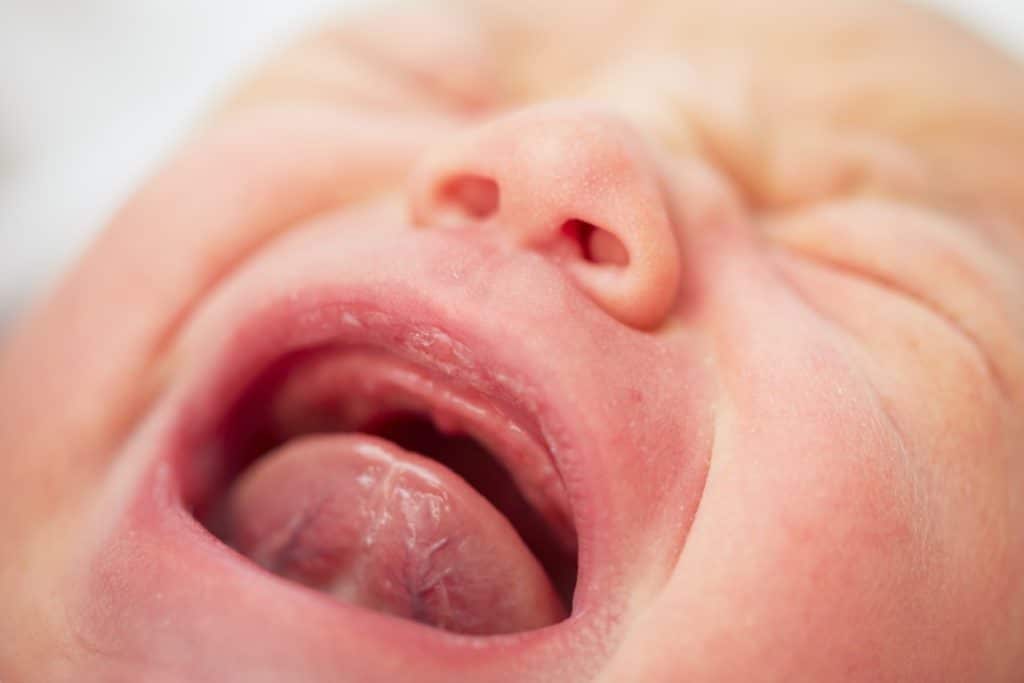What is a frenectomy? Also called a freinectomy, it is a small surgical procedure that consists of cutting one of the brakes located in the mouth.
A frenectomy is mainly performed on babies and children. The tongue frenulum and the upper lip frenulum are the two main ones concerned.
This procedure is not systematic. It is required when the lingual or labial brake impedes the mobility of the oral cavity enough to disturb the patient's daily life.
Why cut the tongue brake?
Cutting the tongue lock is recommended when the tongue is too short to allow the infant to stretch the tongue out of the mouth sufficiently.
This makes it difficult for the baby to feed and requires extra effort when breastfeeding. Because of the difficulty in feeding properly, the baby's weight gain will be slow.
Sleep disorders, digestive problems (colic, burping, aerophagia) or blisters may appear.
The baby's sucking efforts can also cause burning, cracking or sores on the mother's nipples.
The tongue frenulum plays an important role in the mobility of the tongue, swallowing and the proper development of the child's teeth. Therefore, in the presence of these complications, practitioners recommend cutting the child's tongue-tie.
Lingual frenectomy in babies
Lingual frenectomy is usually performed on babies. Some infants have their tongue frenulum cut before they leave the maternity ward.
In fact, the earlier a short tongue-lock is detected in a child, the better for the child.
The operation consists of cutting the tissue that stretches from the underside of the tongue to the floor of the mouth. Lingual frenectomy in babies is a common and painless operation.
The surgeon first numbs the patient locally before cutting the brake. This procedure is usually performed with a special soft tissue laser.
This technique promotes healing and avoids bleeding. In this way, the lingual frenectomy in the baby will not be traumatic for him/her.
Once the tongue brake is cut, the previously mentioned problems with breastfeeding and swallowing tend to disappear quickly.
Labial frenectomy: at what age should it be performed?
Contrary to lingual frenectomy, this one is rather performed on children. To know the ideal age for a labial frenectomy, you should know that it is recommended to wait for the emergence of the definitive canines and upper incisors.
The age varies from child to child, but is usually around 8 to 11 years old. If the permanent teeth are late in appearing, a labial frenectomy can also be performed up to the age of 12 or even later.
The technique for this operation is identical to that of a lingual frenectomy. It guarantees that the child will regain the mobility of his upper or lower lip.
If the child's final dentition requires orthodontics, the labial freinectomy will be performed afterwards. By doing so, the practitioner avoids the creation of a gap between the incisors and ensures a better stability of the correction.
Located in Paris, Dr. Agachi's office is at your disposal for any request for an appointment for a frenectomy on your baby or child.
Dr. Agachi is a pedodontist, which means that in addition to her training as a dental surgeon, she has completed training in anxiety management and non-intrusive methods for children.
If you have any doubts, do not hesitate to call us and tell us about the symptoms you are experiencing. We will quickly schedule an examination and, if necessary, perform a frenectomy on your baby.
Frequently asked questions about infant frenectomy
Each case is different, but the average age at which labial frenectomies are performed is between 8 and 11 years old. Lingual frenectomies are done earlier, as they are performed on babies, sometimes even before they leave the maternity ward.
The frenectomy can be performed by a pedodontist, an ENT specialist, a pediatrician or a general practitioner.




